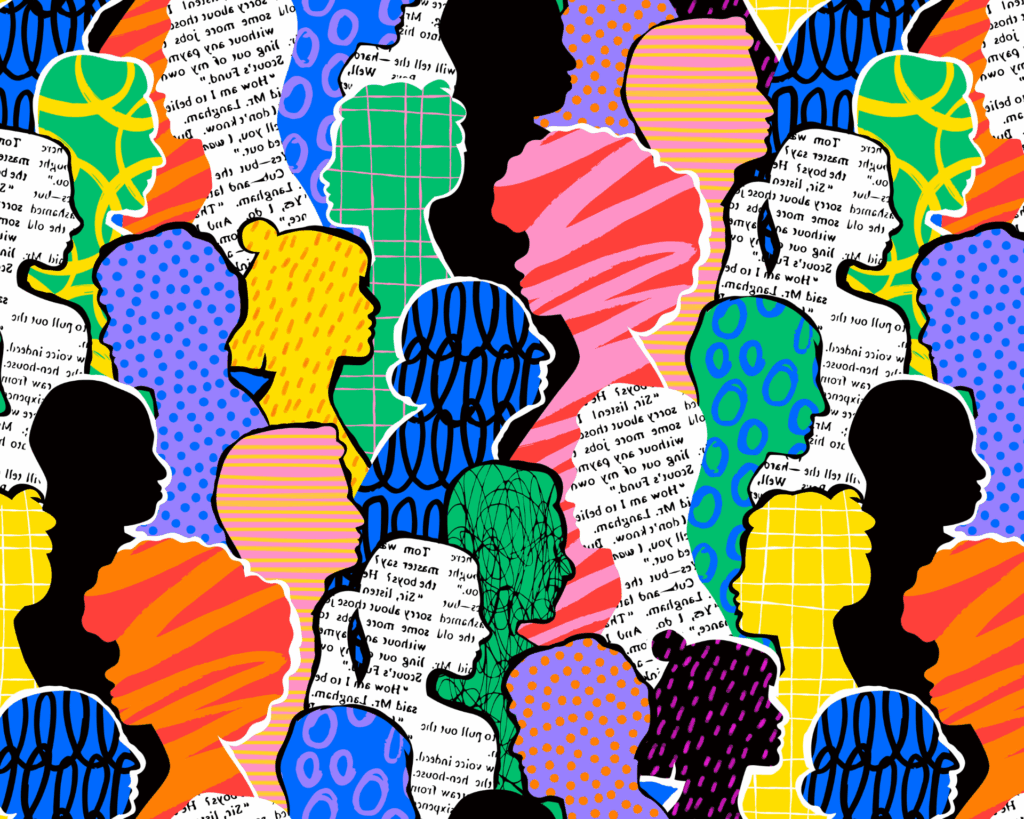Excluded from the Honor Roll
Black and Latine students experience expulsions or suspensions from school more often than their peers, facing nearly 10 and 3 times more exclusionary punishments than White students, respectively.

Read Time: 3 minutes
Published:
Every year nearly 3 million kids are suspended or expelled from school. These punishments are considered exclusionary school discipline (ESD) because they remove students from their classrooms. They can do more harm than good.
Exclusionary discipline disrupts learning, hindering academic progress. It also can set in motion a cycle of problems, such as increased stress and social disengagement, leading to a negative impact on mental health. This, in turn, makes it harder for a student to perform well when they return to school and limits their future economic opportunities.
Camilla Fabersunne and colleagues investigated whether experiencing a suspension or expulsion in high school was associated with a decreased grade point average (GPA). They analyzed administrative data for 16,000 students enrolled in California schools and used race and ethnicity data to determine whether Black or Latine students were affected more than White students.
Students expelled or suspended during freshman year saw, on average, a 0.88-point GPA drop compared to non-excluded students over the following semesters. For example, if a student initially had a 4.0 GPA (all A’s), the impact would bring their GPA down an entire letter grade, to approximately 3.12 (a B or B-). Suspensions and expulsions during sophomore and junior years were only slightly less harmful, with average drops of 0.63 and 0.52 points, respectively.
Black and Latine students were expelled or suspended far more often than their peers, facing nearly 10 and 3 times more exclusionary punishments than White students, respectively. Other studies show that the disproportionate number of suspensions doled out to Black and Latine students is not due to any behavioral differences. Instead, they represent the behavior of adults—teachers, assistant principals, and principals—who recommend different punishments for Black and White students for the same kind of misbehavior.
A low and declining GPA can hurt a student’s chances of graduating and limit their options after high school with fewer job prospects and lower lifetime earnings. Americans who don’t graduate from high school earn approximately 30% less than their peers who graduated high school.
Schools are starting to respond to the growing evidence against exclusionary discipline. The researchers urge state and federal policymakers to replace exclusionary discipline practices with in-school behavioral and mental health supports. Some schools have incorporated meditation and centering activities into students’ daily routines, which has successfully reduced school violence and narrowed the achievement gap between Black and White students.
Databyte via Camila Cribb Fabersunne, Seung Yeon Lee, Dannielle McBride, et al. Exclusionary School Discipline and School Achievement for Middle and High School Students, by Race and Ethnicity. JAMA Network Open, 2023.



